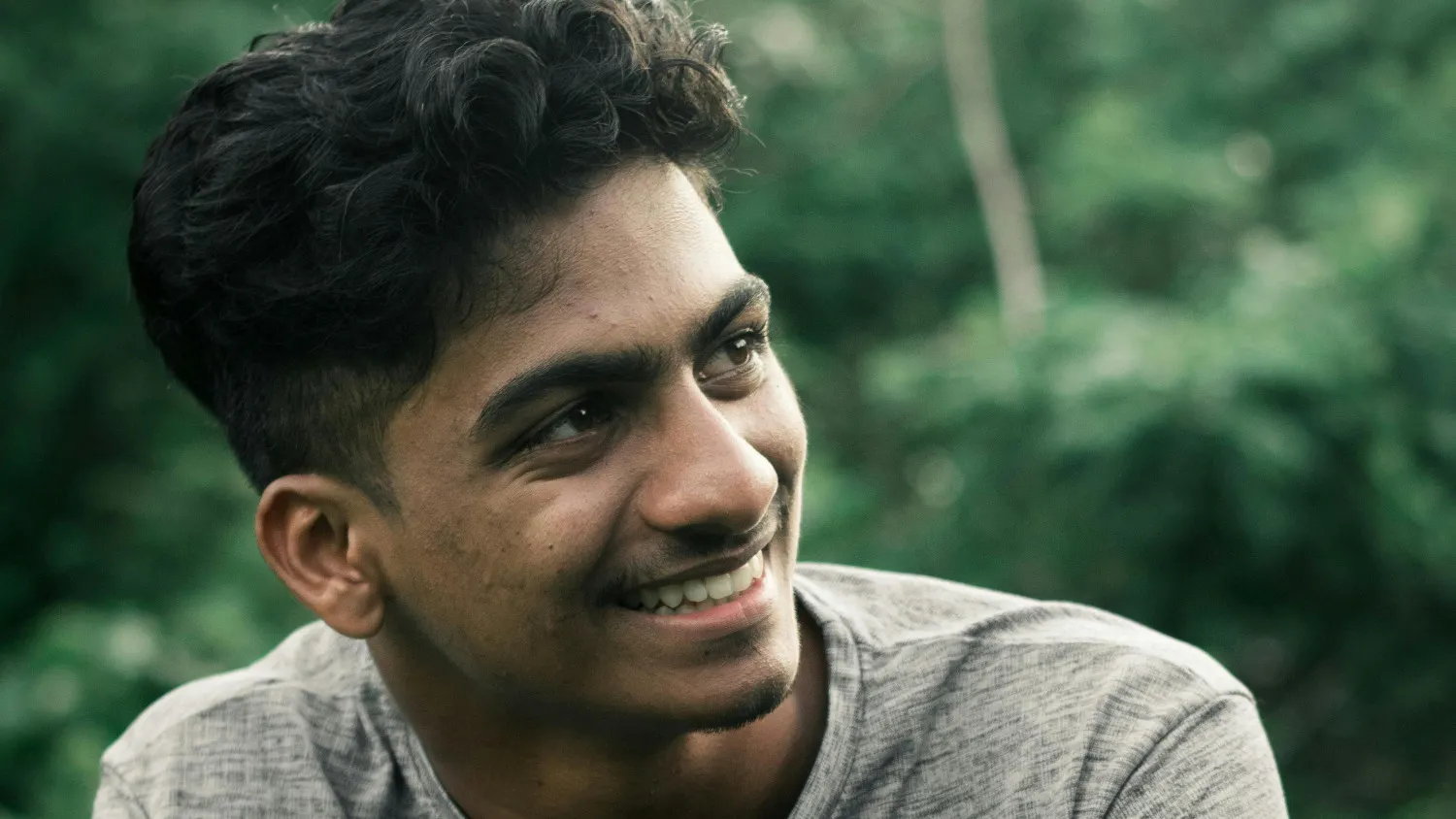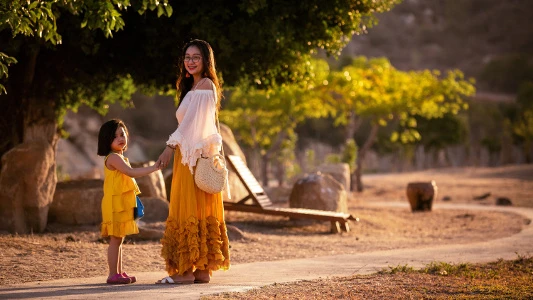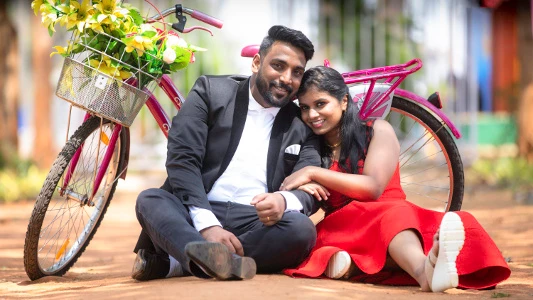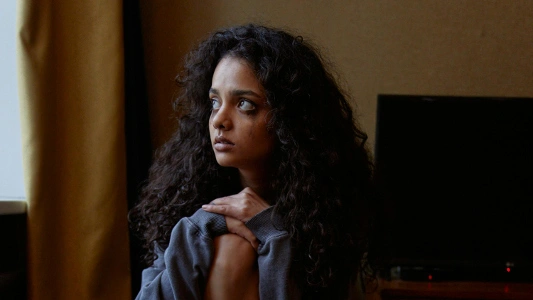My personal journey with type 2 diabetes

At 16 years old, I was diagnosed with type 2 diabetes. I thought everything was over, that I wouldn’t live long, and that my life was shattered and broken.
My diagnosis came as a shock to my family as well – We didn’t have any family history of diabetes.
We learned from my doctor that diabetes can affect anyone regardless of age, gender, background or family history. And that moving forward, to manage my blood sugar levels, I’d need to take medication and get weekly checkups.
In the beginning, it was difficult for me to remember to take my medications on time, particularly when I was out with my family. Even though I knew how important it was to maintain my health (and, as we all know, health is wealth).
Going for my checkups was also very boring and time-consuming – We had to wait for other patients who came before us, and then when it was our turn, wait for the reports to come.
And no one likes going to the doctor. So having to go weekly? It was irritating, and I sometimes became impatient and angry.
Changes I made to my lifestyle
Because of diabetes, I had to make many changes to my daily life – I didn’t know this at first, but after finding out the disease could be deadly I made an effort to change my routine.
First up was my diet. I adjusted my eating habits to focus on a diet rich in nutrients, fruits, green vegetables, and everything my doctor recommended.
I also started waking up early (6am) to do yoga and meditate – This was a life changer, and I think everyone should do yoga whether they have diabetes or not.
With the support of my doctor, family and friends, I was able to make these changes. And by eating better and being physically active, I felt more in control of my diabetes and less concerned about some of the potential complications of the disease (like heart disease, nerve damage, kidney problems, etc.)
Challenges I faced because of my diabetes
Despite doing my best to face my diabetes and manage my health, I still faced significant challenges.
The biggest challenge I faced after my diagnosis was depression – Did you know that people with diabetes are at 3 times higher risk of getting depression?
I faced mockery at school, and other students refused to eat from my lunch box because they thought they would get diabetes too. It felt like I wouldn’t be able to make any friends, and I stopped going out to play because I thought I’d be made fun of.
I also wasn’t allowed to eat the food that I loved and felt like there were restrictions on everything. Restrictions that, if I didn’t follow them, would lead to health complications.
In India, people with diseases are always sidelined. This was particularly concerning because I’d always been a bright and ambitious child. And it was made worse by my medications – My doctor gave me high-dosage medicines to be taken daily, and because of overthinking my academic scores all went down.
My family members were very unhappy and saddened that my childhood couldn’t be the same as other children.
Moving forward
My family members are the best gift God has given me. Seeing my depression, they did all they could to make me happy – Because of them, I was pulled out of it.
And thanks to my parents, at 19, I finally got my confidence back.
Now, despite every challenge, I’ve adapted to the condition and started living happily.
So to everyone fighting diabetes, never lose hope. Instead, change your routine. Exercise daily, eat healthy food, follow your doctor’s advice, and avoid going out to parties. Go to sleep by 10pm, wake up early, and do yoga. God is with you, and you have the power to fight this disease. Just believe in yourself and show the world that as a diabetic you’re not less than anyone else.
Looking for more stories like this?
When Nirvaanika was first diagnosed with type 2 diabetes, she was only worried about her blood sugar. But then she started planning a family.
Lisa is a type 2 diabetic. When she married, she quickly realised she’d have to work out how to manage her diabetes with her husband, and how he could help.
Learning to manage diabetic neuropathy was never in Nirvaanika's diabetes management plans. But one day, she woke up with a strange feeling in her feet.








